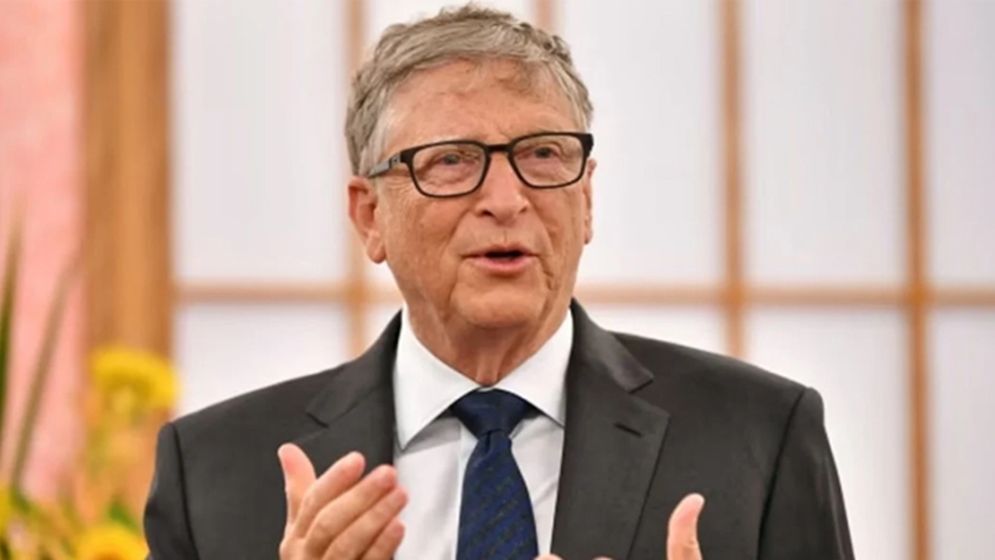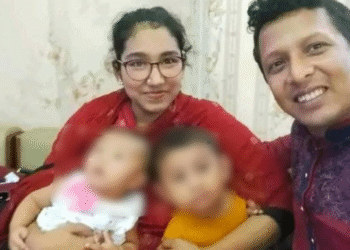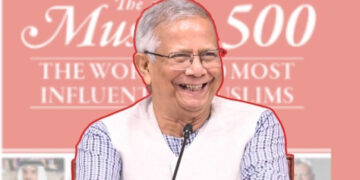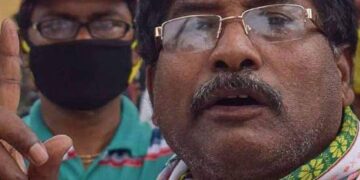One of the most influential figures in the tech world and co-founder of Microsoft, Bill Gates, has made an extraordinary announcement: over the next 20 years, he plans to donate a major portion of his vast wealth nearly $200 billion to improve health and education systems in Africa.
At 69 years old, Gates believes that unlocking human potential through access to quality healthcare and education will pave the path to prosperity for every African nation. Speaking at the headquarters of the African Union in Addis Ababa, Ethiopia, he urged young innovators across the continent to explore how Artificial Intelligence (AI) can transform the healthcare sector.
Just last month, Gates declared that by 2045, he would donate 99% of his total wealth. According to his projections, his total net worth by that time will be around $200 billion. He also announced that the Bill & Melinda Gates Foundation would wind down its operations at the end of that 20-year timeline.
“I’ve recently made the decision to donate my wealth over the next 20 years. A large portion of it will be invested in addressing Africa’s most pressing issues,” Gates said during his speech.
His pledge was warmly welcomed by Graca Machel, former First Lady of Mozambique, who said:
“This is a critical moment. We want to believe in his promise that he will walk with us on this journey of transformation.”
This commitment comes at a time when foreign aid to Africa is being cut, particularly under the U.S. “America First” policy introduced by former President Donald Trump, which significantly reduced healthcare aid including for HIV/AIDS treatment programs. These cuts have raised serious concerns about Africa’s public health systems.
What Will the Donations Focus On?
Bill Gates outlined several key areas where the foundation will continue to work:
-
Strengthening primary healthcare systems
-
Improving maternal health and nutrition
-
Reducing preventable child mortality
-
Empowering young African innovators to use AI in health
-
Supporting tech-based solutions for early disease detection
“We’ve learned that ensuring proper nutrition before and during pregnancy, and during the first four years of a child’s life, makes a huge difference in long-term outcomes,” Gates noted.
He also pointed to Rwanda as a shining example, where AI-powered ultrasound technology is being used to identify high-risk pregnancies, showing how technology can bring real, life-saving change to the continent.
Read More: Metro Rail Budget Increase 3X in 2025–26: A Bold Move Amid Cuts
Vision for the Next Generation
Gates encouraged African youth to reimagine healthcare the same way they revolutionized mobile banking. Africa has largely skipped over traditional banking systems and gone straight into mobile-based financial services. Gates believes the same leapfrog moment is possible for healthcare with AI playing a central role.
“As Africa builds its next-generation healthcare infrastructure, it’s time to think about how AI can be embedded from the start,” he said.
A Foundation with a Deadline
The Gates Foundation also announced its three core goals for the next two decades:
-
Reduce unnecessary deaths of mothers and newborns
-
Protect future generations from deadly infectious diseases
-
Lift millions of people out of poverty
The foundation confirmed in a statement that it plans to cease its operations at the end of the 20-year giving timeline. Gates recently shared in a blog post:
“After I’m gone, people will say many things. But I want to make sure no one says, ‘He died a rich man.’”
Despite donating nearly all of his wealth, Bloomberg estimates that Gates would still remain one of the world’s top five billionaires, due to the scale of his fortune.
A Journey Inspired by Others
Bill Gates, who co-founded Microsoft with Paul Allen in 1975 and led it to become a tech giant, has slowly stepped away from his corporate role over the years stepping down as CEO in 2000 and as chairman in 2014.
His commitment to philanthropy was deeply influenced by fellow billionaire and friend Warren Buffett, who also pledged to give away most of his wealth. Together, they co-founded the Giving Pledge, encouraging other billionaires to do the same.
Criticism and Controversy
Despite the overwhelming praise, the Gates Foundation has also faced criticism. Some skeptics argue that the foundation is a tool for tax avoidance and has disproportionate influence on global health policies, sometimes sidelining local healthcare priorities in developing countries.
Still, Gates seems undeterred by the criticism. His vision is clear: to use the resources he has been blessed with to tackle inequality, create access, and help millions lead healthier, more dignified lives.
Source: Jugantor
Share via:
















